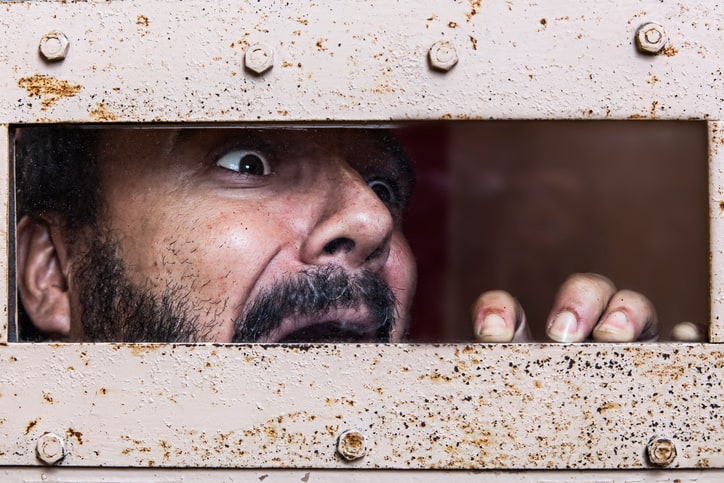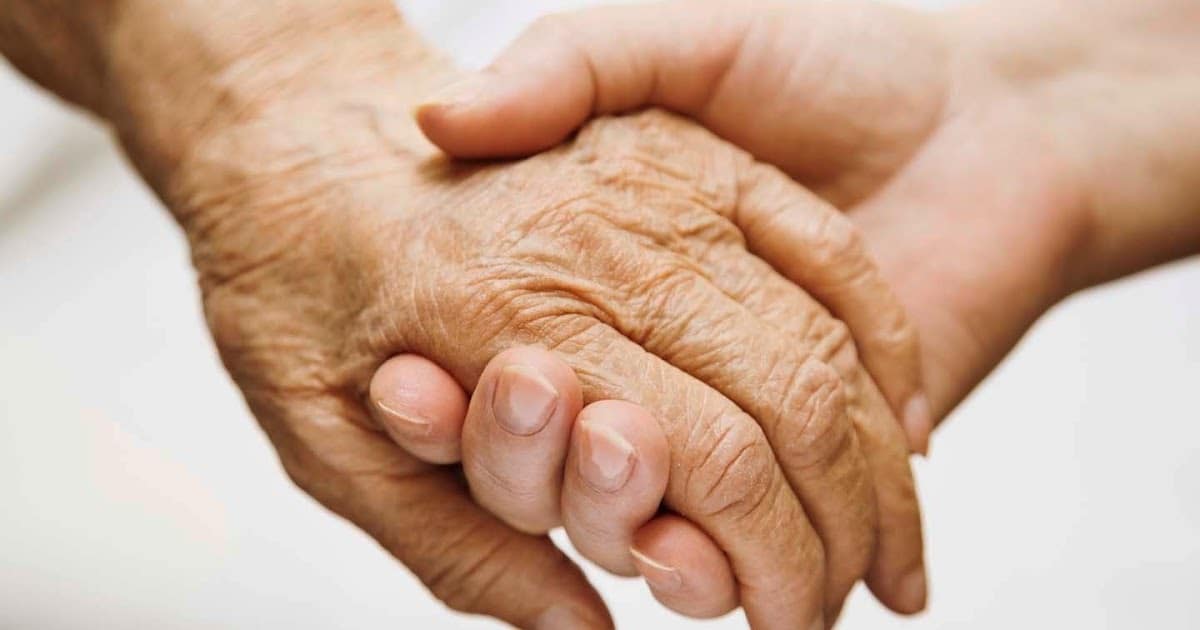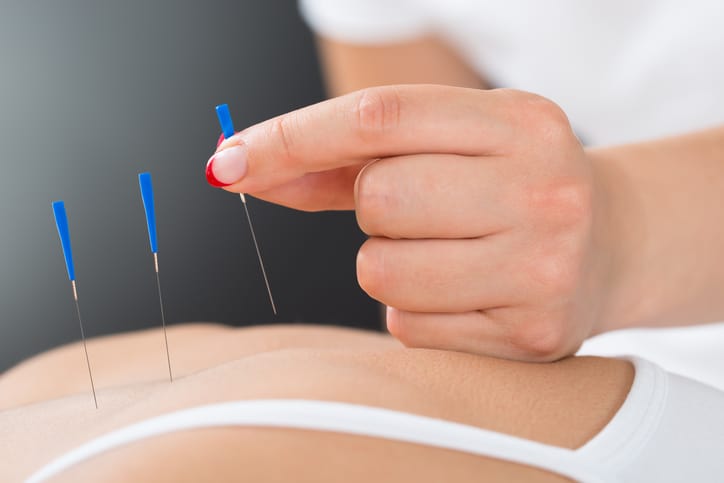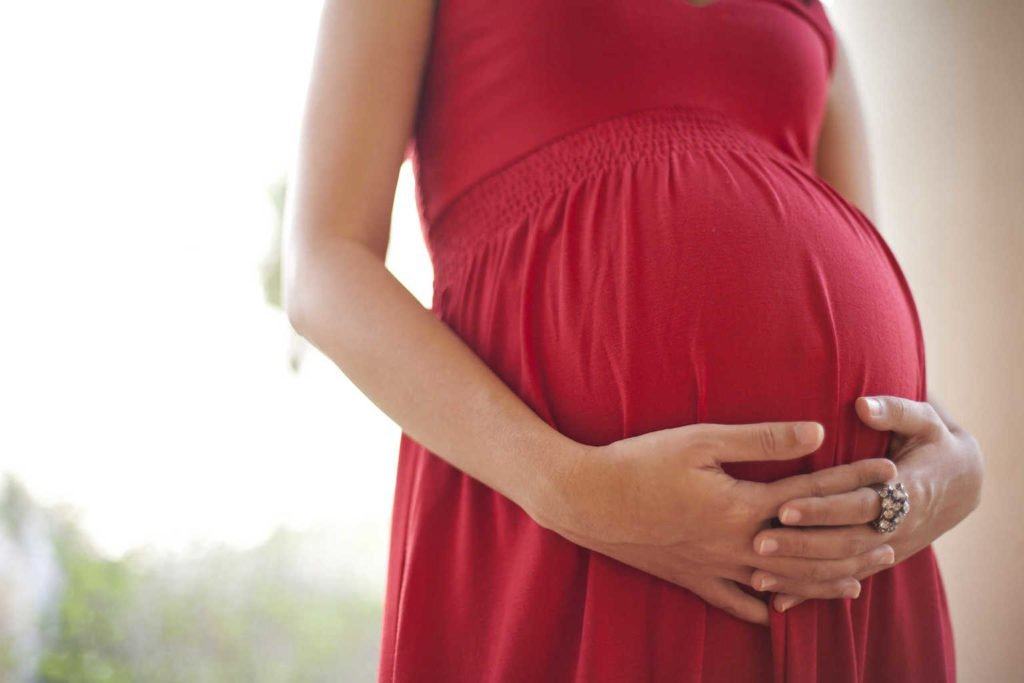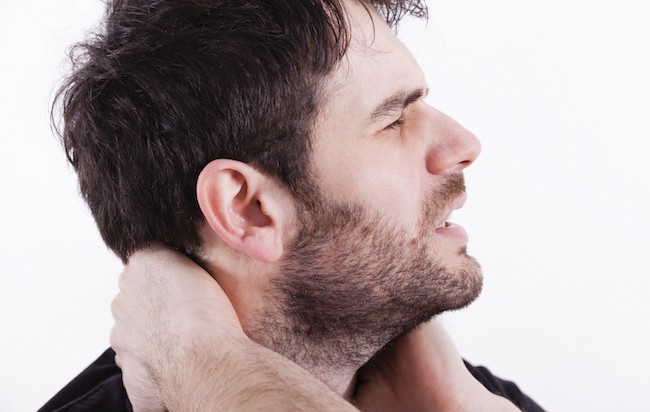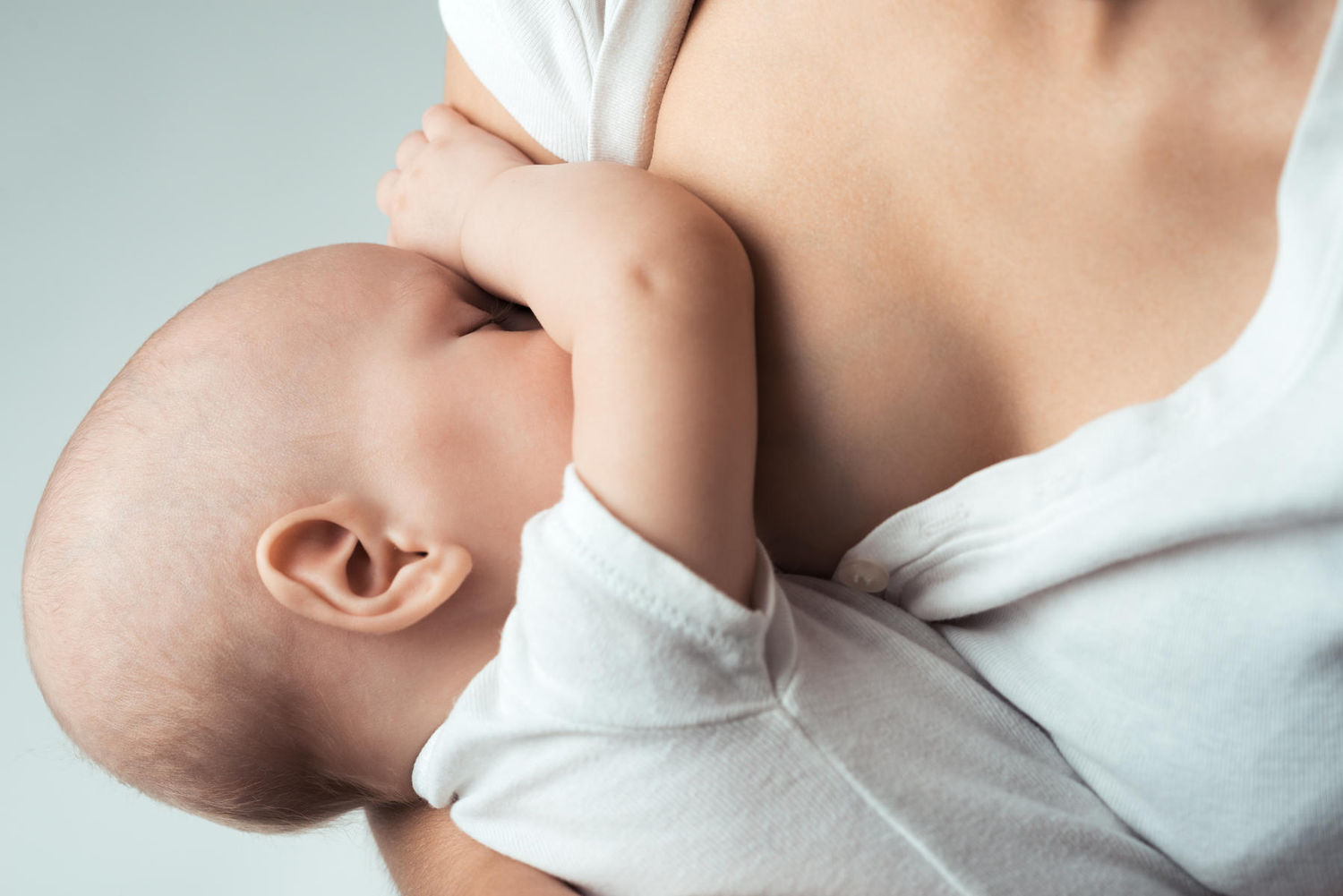Contents:
- Medical Video: Overcoming Fear of Suffocation and Claustrophobia
- Trigger for claustrophobia
- What causes claustrophobia?
- Symptoms of claustrophobia
Medical Video: Overcoming Fear of Suffocation and Claustrophobia
Claustrophobia is an unwarranted fear in closed spaces or narrow spaces. It's natural to be afraid of being trapped when there is a threat or danger, but people who have claustrophobia are afraid in situations where there are no clear or realistic dangers. When going outside, they will avoid closed or narrow spaces, such as elevators, tunnels, and public toilets.
Some people who have claustrophobia experience mild anxiety when in a closed room, while others have severe anxiety and even panic attacks. The most common case is feeling or afraid of losing control.
Trigger for claustrophobia
Many different situations or feelings can trigger this phobia. Even just thinking about certain situations without exposure can also be a trigger. The following are common triggers of claustrophobia, namely:
- Elevator
- Tunnel
- Subway
- Revolving door
- Public toilet
- Car with central lock
- Car wash
- Dressing room
- Hotel room with closed windows
- Plane
- Locked room
If you have had anxiety about closed space for 6 months, then you may have been affected by claustrophobia.
What causes claustrophobia?
This closed space phobia is generally the result of a person's past experience (usually in childhood) which causes them to associate a small space with a feeling of panic or in danger. Examples of types of past experience, namely:
- Fall into the pool and can't swim
- Be in a crowd and separate from parents or groups
- Crawl into the tunnel and get lost or trapped
Such experience can affect a person's ability to deal with situations that are similarly rational. Thoughts that connect closed or narrow spaces with danger will cause the body to react according to what it thinks.
In addition, behavior that is followed by parents and peers can also be a cause of claustrophobia in someone. For example, when a person who has claustrophobia has children, the child will observe their parents' behavior and will develop the same fear.
Another theory behind the causes of phobias in this closed space is:
- Amygdala is smaller. Amygdala is a small part of the brain that is used to control how the body processes fear. In a study published in Psychiatry and Clinical Neuroscience, Fumi Hayano and colleagues found that people who suffer from panic disorder have smaller amygdala than normal. This smaller size can affect how the body processes panic and anxiety.
- Genetic phobia. There is also a theory that says that phobias develop more at the genetic level than psychology. Research behind this theory shows that closed space phobias and other phobias are evolutionary mechanisms of passive survival. A survival instinct is buried in our genetic code which was once important for human survival, but is no longer needed. The team from Germany and England wrote in the journal Translational Psychiatry that a single gene defect might contribute to the development of claustrophobia.
Symptoms of claustrophobia
Panic attacks are common among people with closed phobias. They can be very frightened and frustrated, and symptoms often occur without warning. Apart from extraordinary anxiety, panic attacks can also cause physical symptoms such as:
- Sweating
- Trembling
- Symptoms of heat or cold
- Shortness of breath or difficulty breathing
- Fast heart rate
- Pain or tightness in the chest
- Nausea
- Headache and dizziness
- Feelings of fainting
- Numbness or tingling
- Dry mouth
- The desire to go to the toilet
- Ears buzzing
- Feel confused or disorientated
If you have severe claustrophobia, you may also experience psychological symptoms such as:
- Fear of losing control
- Fear of fainting
- Horrified
- Fear will die
Symptoms of a panic attack will arrive at its peak in 10 minutes, with most attacks lasting between five minutes and half an hour.
READ ALSO:
- Various Ways to Overcome Elevated Phobias (Acrophobia)
- Phobias, Not Just Ordinary Fear
- People whose Homophobia Has Gay Trends?

